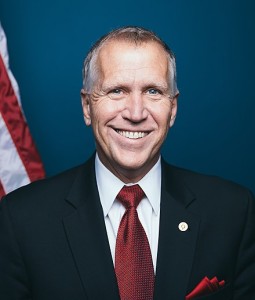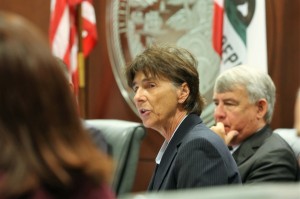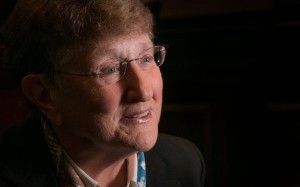The sexual harassment case against a Tulare County judge who was ousted from the bench is documented in a five-page settlement document released as a result of newly revised rules of disclosure in California’s judiciary.
The Recorder at law.com reported on June 12, “California’s judiciary paid a Tulare County Superior Court clerk $120,000 in 2016 to settle claims that a judge — now removed from the bench — harassed her over several months in 2013.”
The Recorder noted, “The payment was made to Priscilla Campos Tovar, a Tulare court clerk who alleged that Judge Valeriano Saucedo attempted to pressure the married woman into a romantic relationship by sending her frequent text messages and numerous gifts, including a family trip to Disneyland, cash and a car. Saucedo argued he was only trying to act as a mentor to Tovar. The Commission on Judicial Performance ordered Saucedo removed from the bench in December 2015, calling his conduct ‘so completely at odds with the core qualities and role of a judge that no amount of mitigation can redeem the seriousness of the wrongdoing.’”
On May 24, the California Judicial Council revised the rules of court “to clarify that any settlement agreements involving judicial officers for which public funds were spent in payment of the settlement must be disclosed if requested, including agreements related to complaints of sexual harassment and discrimination,” the state’s judicial website reported.
The Recorder reported, “The Tulare court settlement is one of three involving judges around the state dating back to 2010. Lawyers for the Judicial Council acknowledged in March that the judiciary had paid $296,000 to settle three complaints against judges, although it declined to identify the judges or say whether they remained on the bench.”





